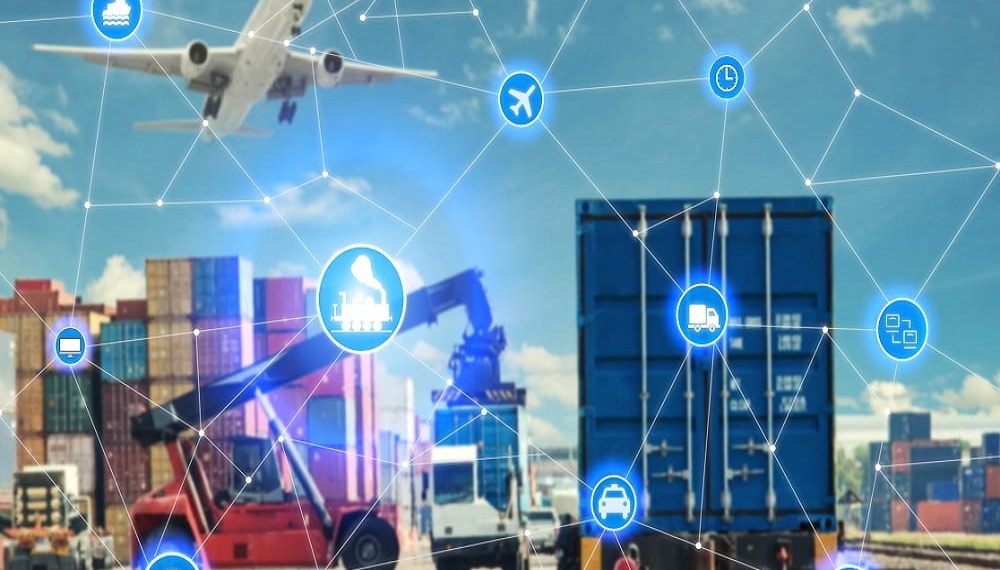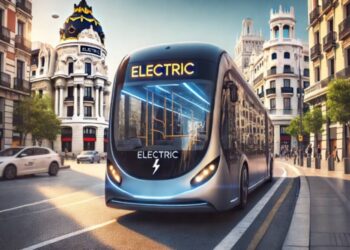As our planet faces the dual issue of climate change teamed with environmental degradation, sectors that were once perceived as contributing to the issue are now stepping up in order to offer solutions that are sustainable. Within them, blockchain as well as the electric vehicle industries have gone on to display a very surprising synergy that can go on to represent a significant step when it comes to carbon emissions, thereby getting much closer to a future that’s greener.
It is well to be noted that Blockchain technology was once perceived to be problematic because of its reliance on systems that were energy-inefficient for problem solving, where the users could compete to eradicate complex problems and also earn the right to more blocks within the blockchain. With this system called Proof-of-work, more computational power goes on to offer a better competitive advantage while at the same time giving out more energy. That said, not all blockchains happen to have a similar environmental impact. A system called Proof-of-Stake (POS) that relies on the incentives from the market as well as the validators that put down the stake in exchange of that for the rights when it comes to adding blocks to the blockchain gives out a choice that eliminates the requirement of energy-intensive competition, thereby lessening the consumption of energy by 99.95% and also removing CO2 emissions from the entire equation.
In September last year, Ethereum, which happens to be the second largest blockchain, successfully shifted from a POW system to a POS system, therefore signalling a massive change for the sector towards a future that happens to be more sustainable.
In a similar scenario, cars as well as other transportation forms represent another sector with a major environmental impact that is making its way through the transition when it comes to a greener future. All these polluters have been witnessing a shift to battery-powered electric engines from fossil fuel-powered internal combustion engines.
Unlike in the case of blockchain, it isn’t as easy as switching from a particular system to another one, and just coming up with an electric vehicle isn’t a silver bullet when it comes to the sector’s emissions.
Refuelling the infra that has been constructed for ICE vehicles in the past century will have to be changed into charging stations throughout homes as well as out on the road so as to make a switch to these vehicles a much more viable option for drivers.
As per the Centre for Global Development, 63% of the overall carbon emissions in the world happen to be generated from the developing nations. 88% of these emissions originate in Asia or Africa. This happens to be a well-understood issue; however, transitioning to environmentally friendly solutions is indeed cost prohibitive for both governments as well as individuals.
When it comes to individuals, the cost of a new EV as well as the immaturity when it comes to the second-hand market present a steep hurdle. That said, the governments will have to make a substantial investment when it comes to R&D and also the charging infra installation that fits the needs of the local ambiance and the economy, takes care of the range-anxiety of people, and is also future-proof.
The developed world has gone on to make promises to bankroll solutions pertaining to the environment for the developing nations, but they have yet to follow through sufficiently. This is where blockchain comes in. It can help individuals from the entire world to push as well as offer support where their respective governments have shirked their duties.
This technology can very well form the basis of an economy that’s shared, where people within the developed world could go on to earn rewards for helping the development when it comes to charging infra and also be a part of the micro-leading programmes that help drivers in these parts of the globe to shift from their old and inefficient ICE vehicles to clean EVs.
Beyond the funding change, on the ground, blockchain can go on to underpin the infrastructure when it comes to payment, sharing of vehicles, and also charging, which would be essential so as to build a reliable transport network. Payments when it comes to blockchain can go on to get processed much faster and with much more efficiency as compared to traditional ledgers as well as tech, thereby utilising lesser power and also natural resources so as to process transactions between passengers and drivers.
Blockchain payment fees also happen to be a part of traditional payments, which would go on to further lessen the cost of EV charging, which happens to be one of the major benefits for EV drivers across developing countries. Additionally, seamless payments for charging would go on to cut downtime within the charging stations, thereby preventing long queues for drivers who have to get back on the road.
When it comes to vehicle sharing, just imagine a platform based on blockchain where drivers who do not have the funds yet to shift to an electric vehicle can go on to pool their money so as to share a vehicle. Owners can go on to register their vehicles on the platform, and the blockchain makes sure that the shared vehicles are indeed authentic, belong to the drivers that are designated for them, and also rolls out the terms and conditions for how the vehicle is going to get shared, i.e., the usage periods as well as its insurance requirements.
It is well to be noted that blockchain has the capacity to play a major role in the shift towards a future that’s greener for the transportation sector. While EVs happen to be a pivotal step forward, the challenges of infrastructural development in the developing world are quite a few. As nations around the world continue to grapple with the menace of climate change as well as environmental degradation, innovative tech such as blockchain happen to be offering a glimmer of hope for a much finer tomorrow.


































